Historic plasterwork,
plain & decorative
Preserve, restore, transform; Stroud Lime combines 40 years experience of using traditional skills and sustainable lime products to enhance homes and heritage properties in Gloucestershire, Worcestershire, Herefordshire, Oxfordshire, Wiltshire and Bristol.
Historic plasterwork, plain & decorative
Preserve, restore, transform; Stroud Lime combines 40 years experience of using traditional skills and sustainable lime products to enhance homes and heritage properties in Gloucestershire, Worcestershire, Herefordshire, Oxfordshire, Wiltshire and Bristol.
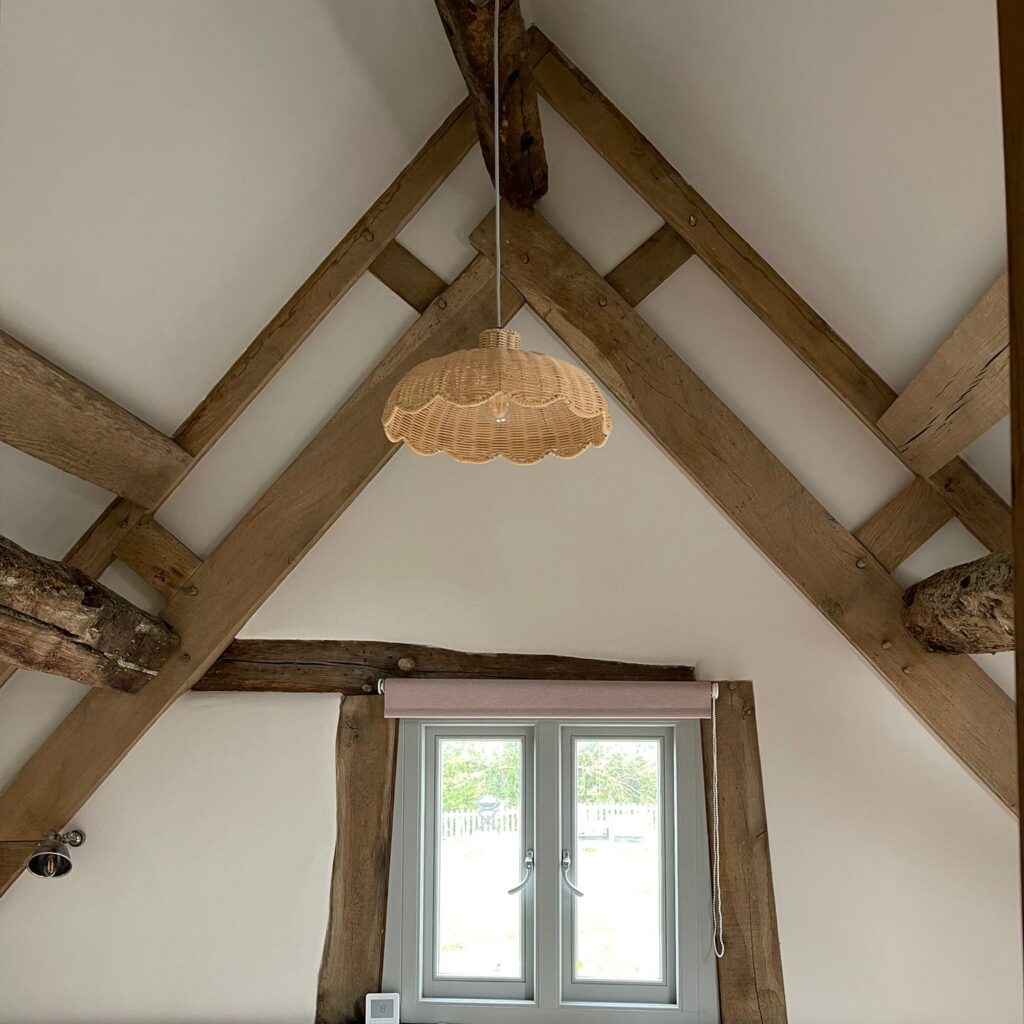
Traditional Lime Plastering
Traditional lime plastering is done by applying three coats of plaster to either stone, brick or lath. The first is haired and scratched, the second unhaired and floated and the third is a top coat to give the desired finish.
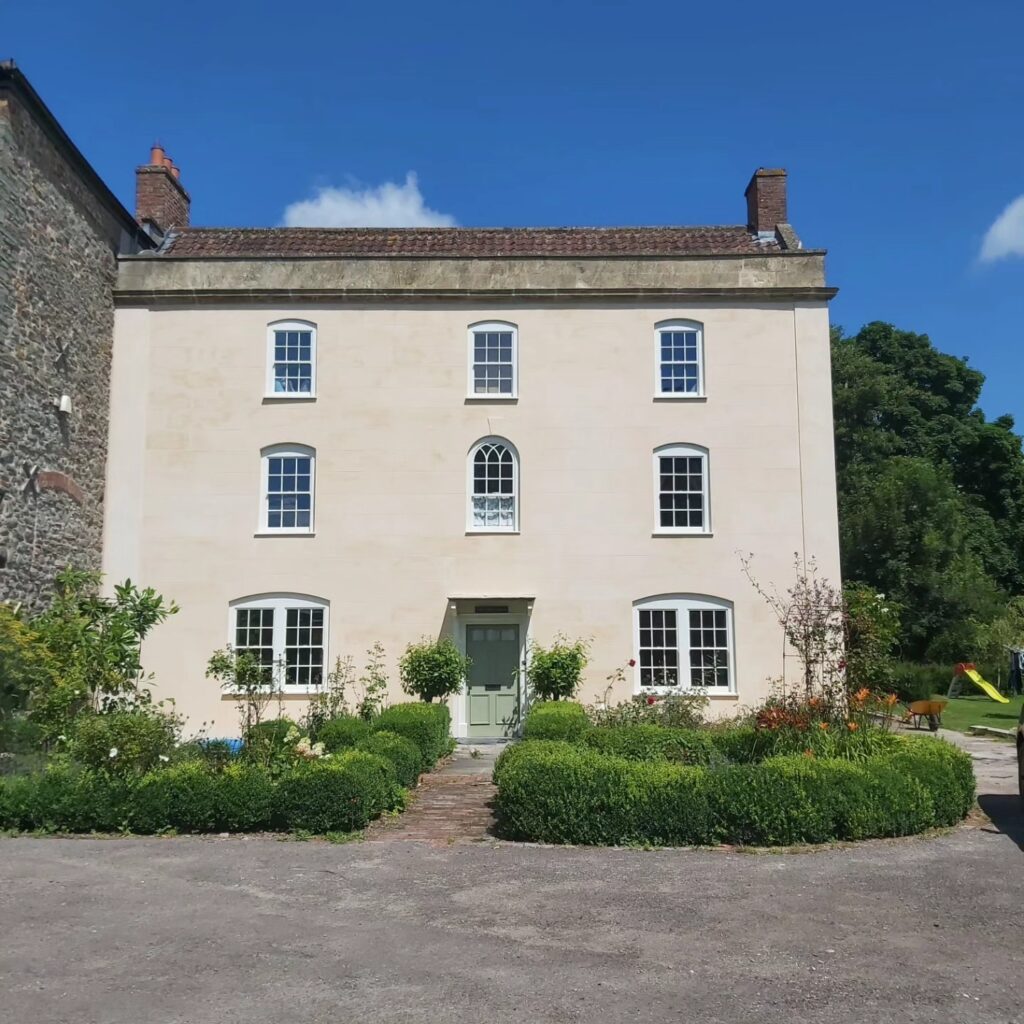
Lime Rendering
Lime rendering is similar to plastering but with more emphasis on weathering and external aesthetics. Typically it also needs three coats, but with a lime wash top coat, which acts as the final brushed finish with pigments in.
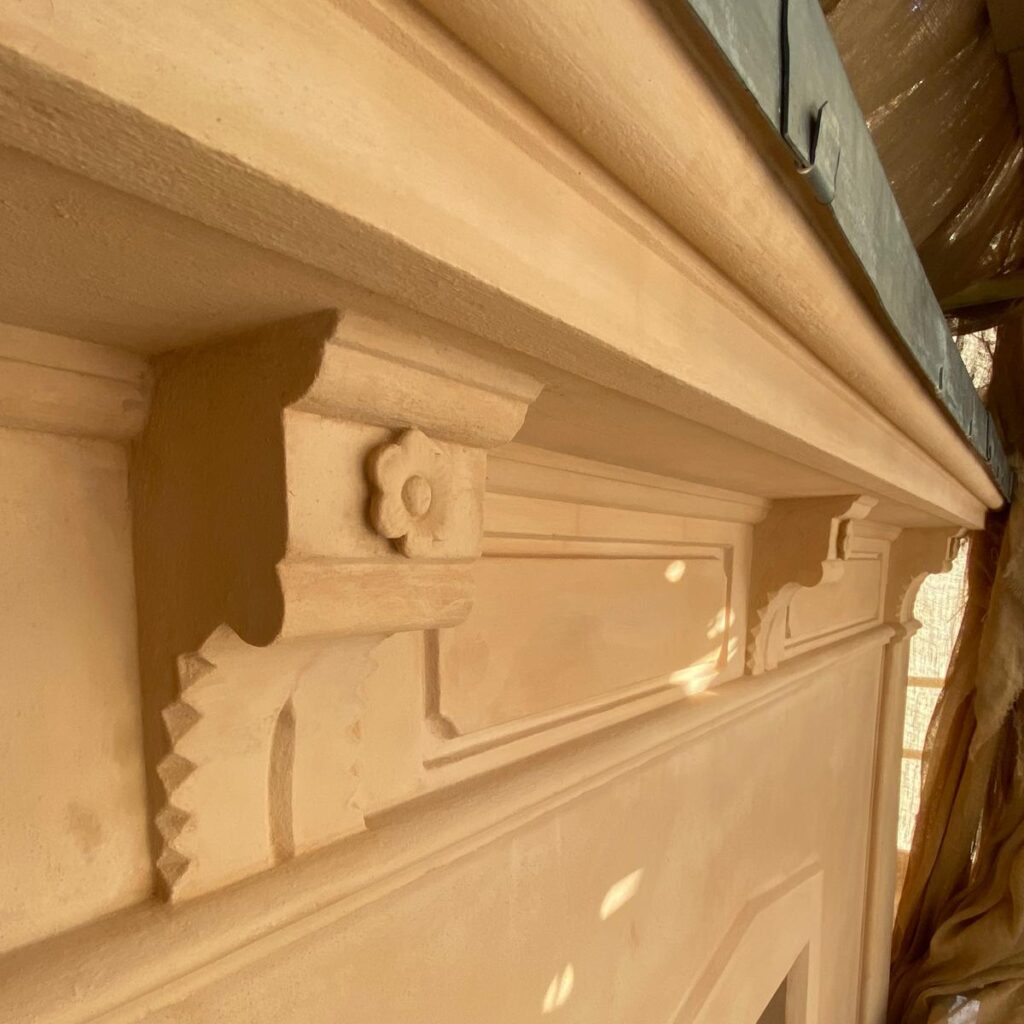
Decorative Plastering
Decorative and ornamental plastering adds beauty to your home. Often cast, but also run in-situ, plaster was often the only feasible means by which people could enrich the interior and exterior of their buildings.
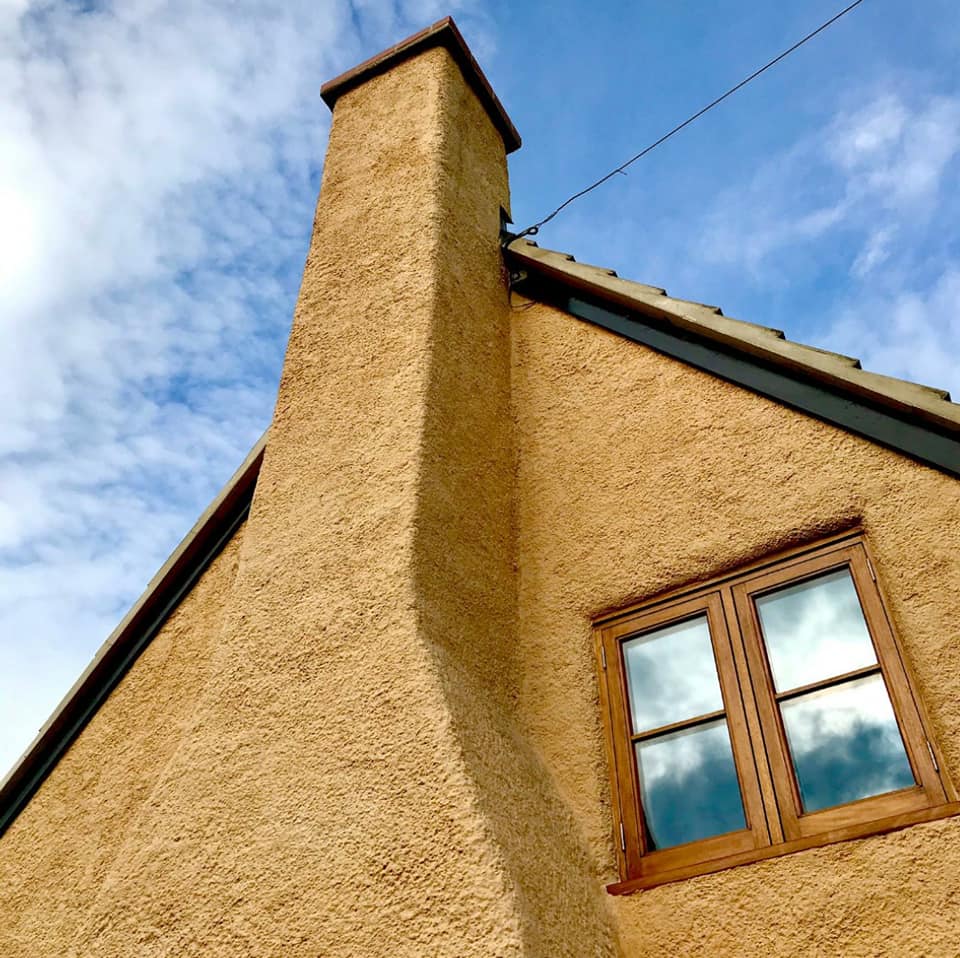
Roughcasting
Roughcasting is the act of throwing a wet coat of coarse plaster at a floated backing coat using a harling trowl. This achieves a rough texture that is then limewashed. We can model new roughcasts to have an aged or weathered look to them.
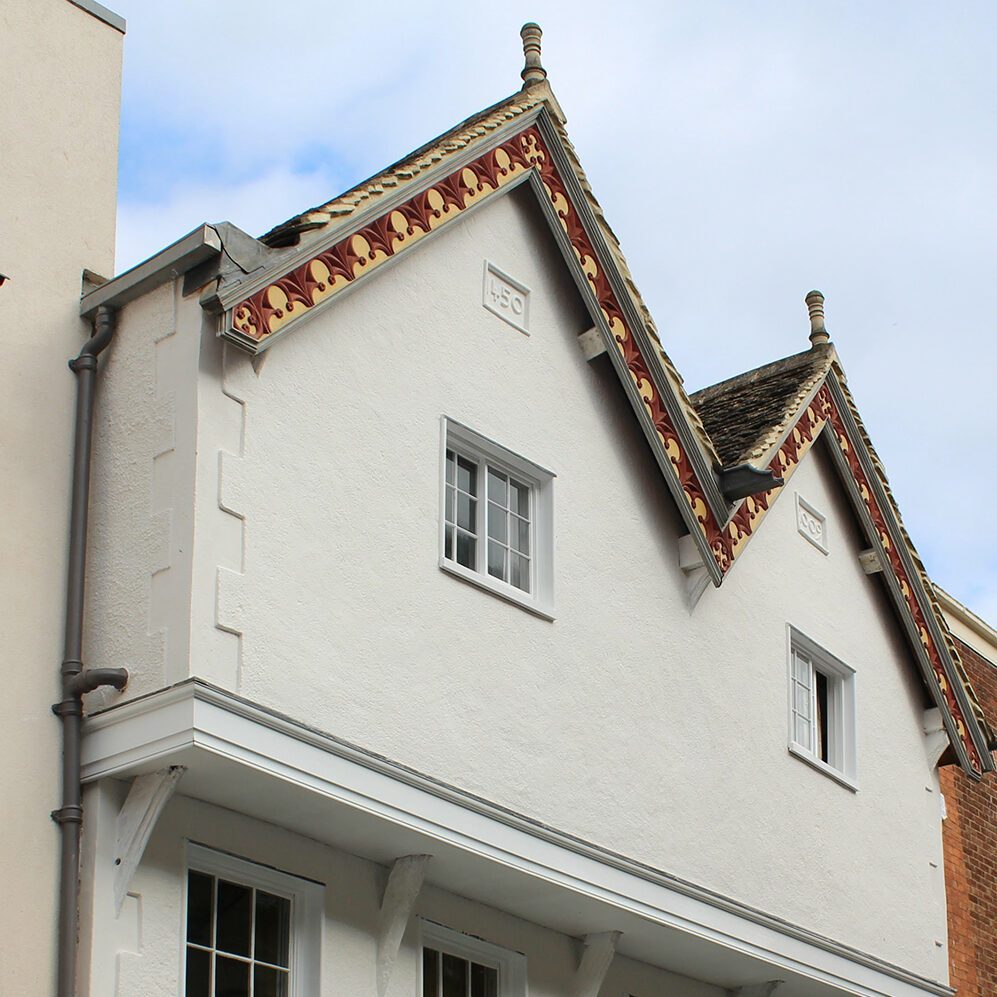
Lime Washing
Lime washing involves mixing lime with water and pigments to create a lime based suspension that is brushed onto a lime plaster or render. This gives added protection and a nice colour.
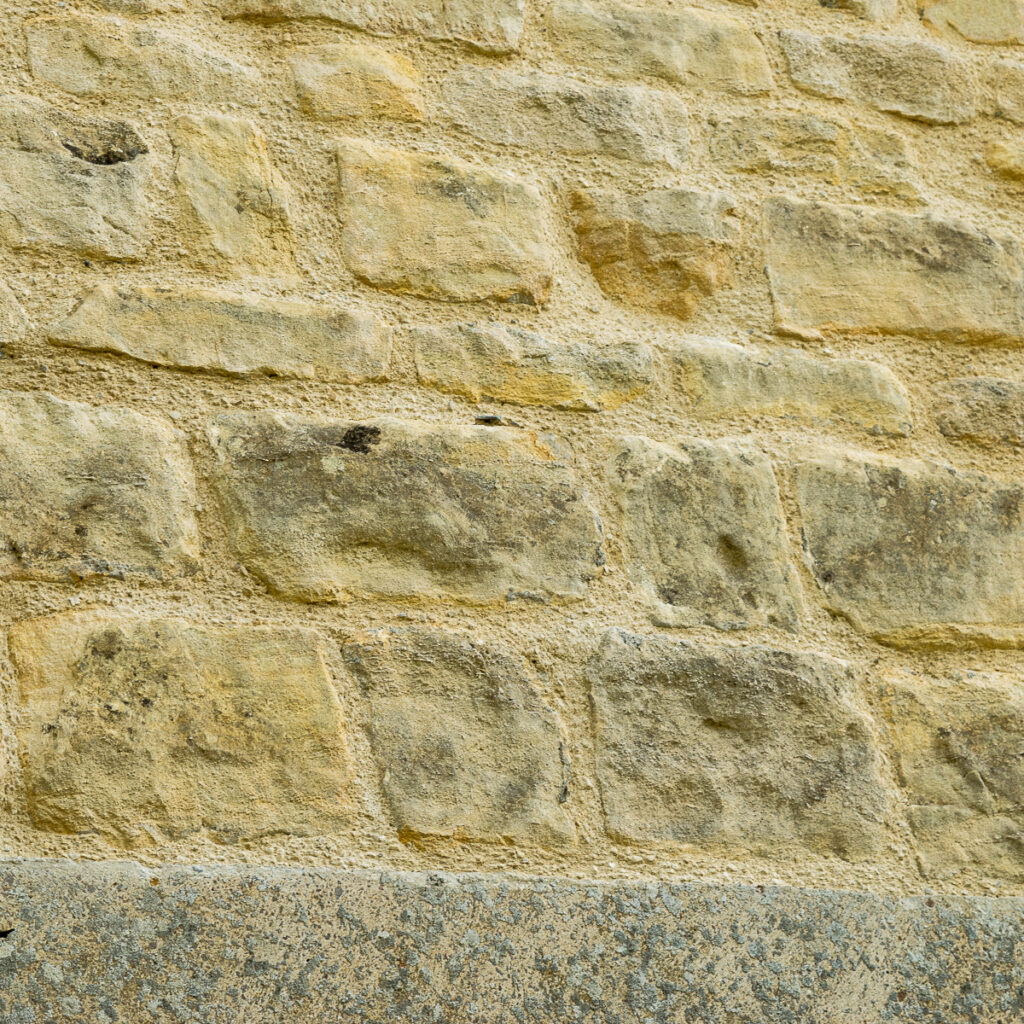
Repointing
Repointing involves carefully replacing old mortar with the correct lime mortar. This process allows walls to breathe, prevents water ingress and protects from damage, ensuring a durable and authentic finish.
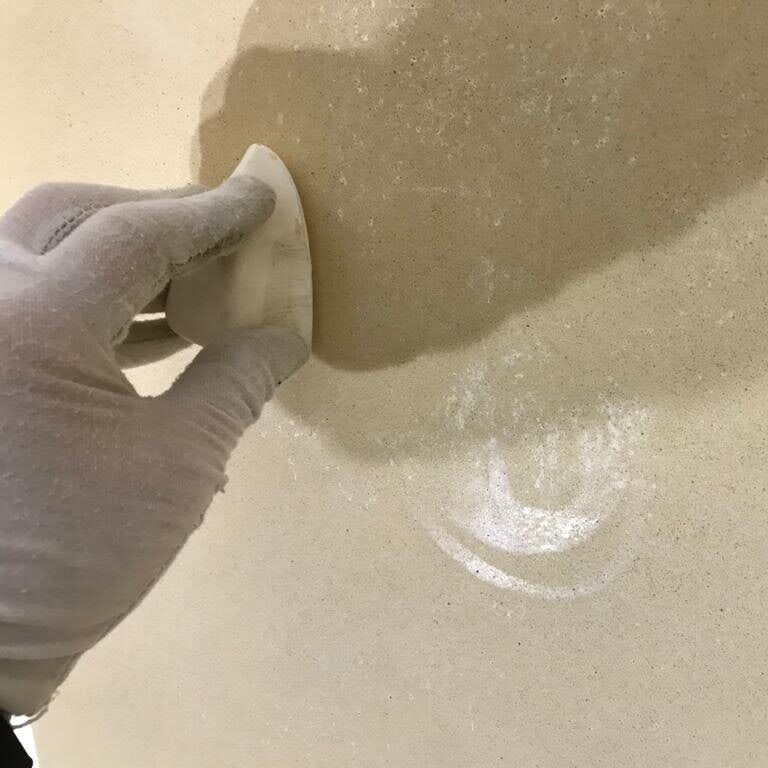
Venetian Plastering
Venetian plaster is a decorative lime-based wall finish, made traditionally with marble dust & a wide range of pigments. It is finished using a stone and olive soap, to create a luxurious, marble-like finish. Historically used as a hallmark of opulence.
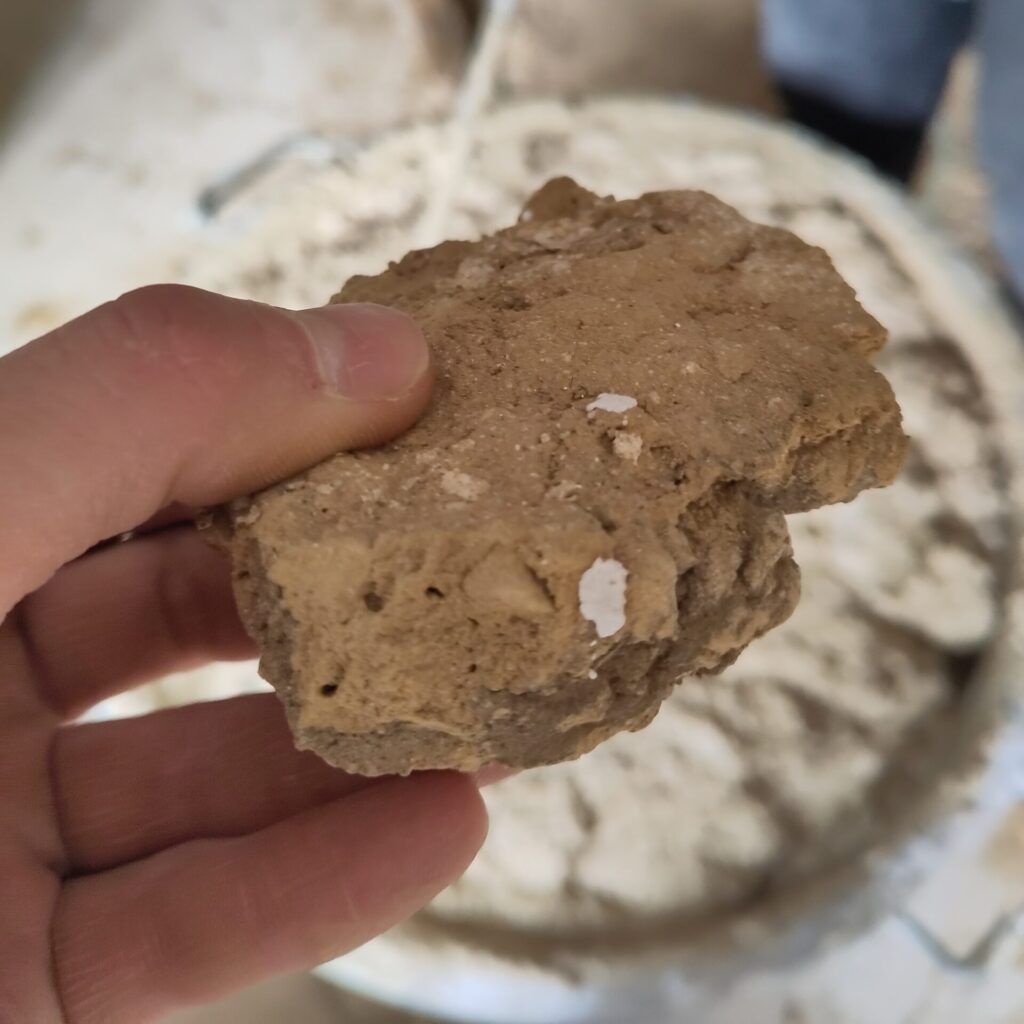
Clay & Earth Works
It is a modern misconception that most Cotswold stone buildings are built with lime mortar. Most are built with clay, with a small percentage of lime present. Whether it’s building or plastering, clay plays a very important role in the conservation of Cotswold stone buildings and has been used since ancient times as a sustainable building material.
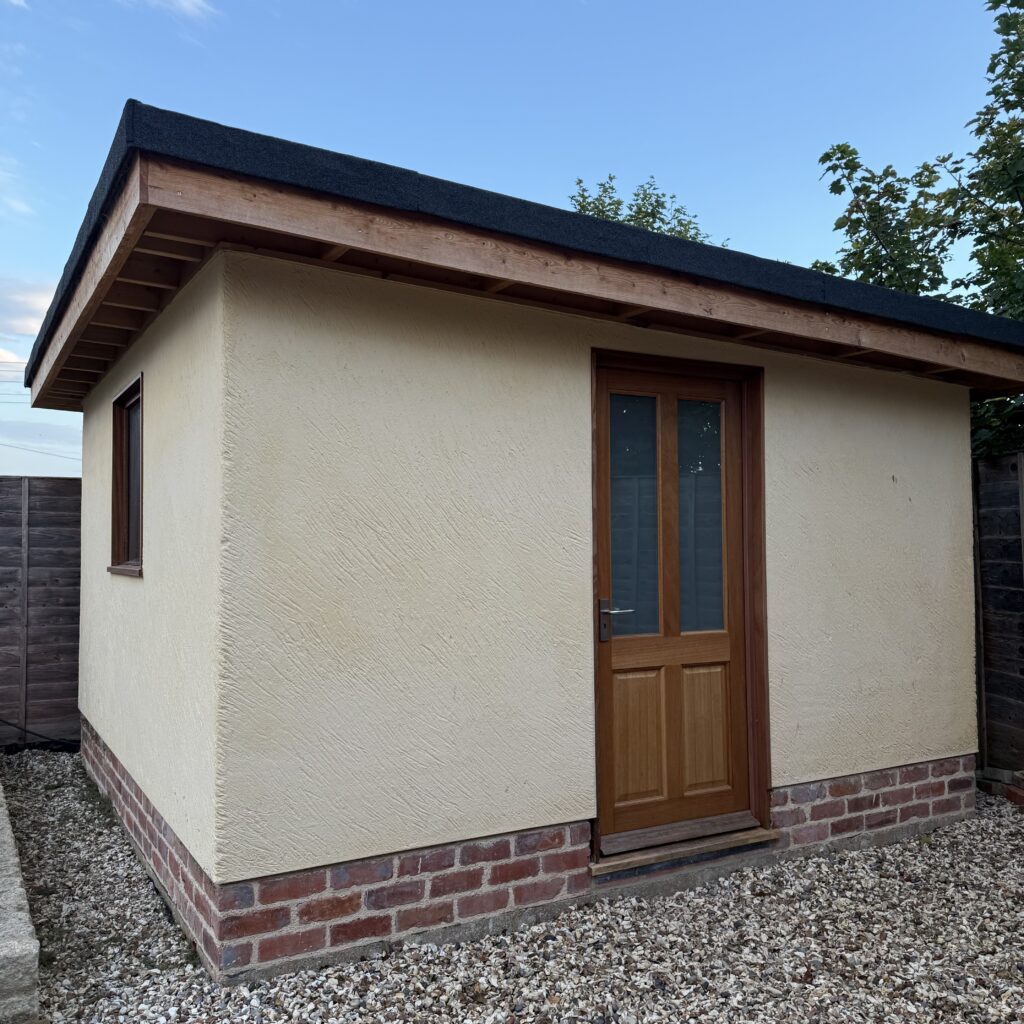
Natural Building Projects
Sustainability is an important aspect of modern building practices, and what better materials to use than stone, lime, wood, cob, hemp and other natural fibres. All of these materials come from the earth and have a natural cycle to them, both in their production and disposal. These materials can be used to create a beautiful, insulated home, garden room or extension.
